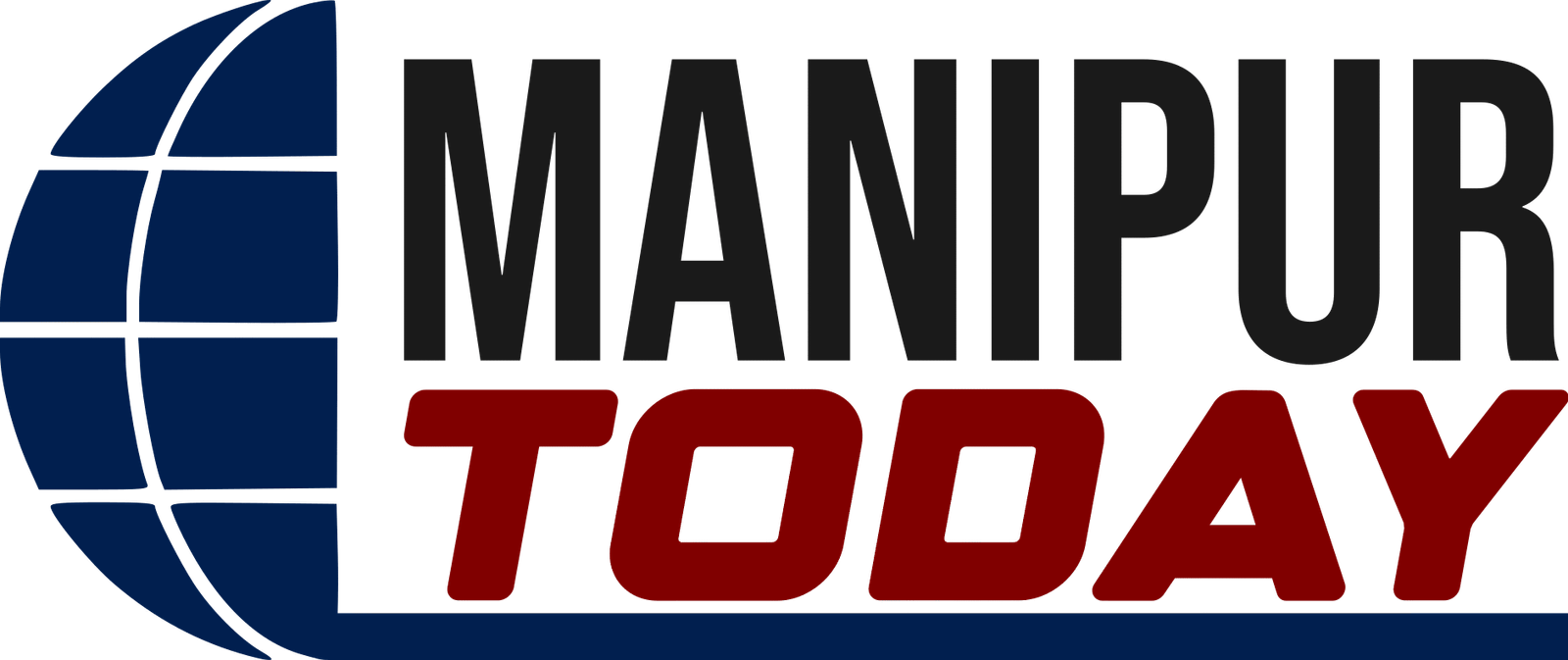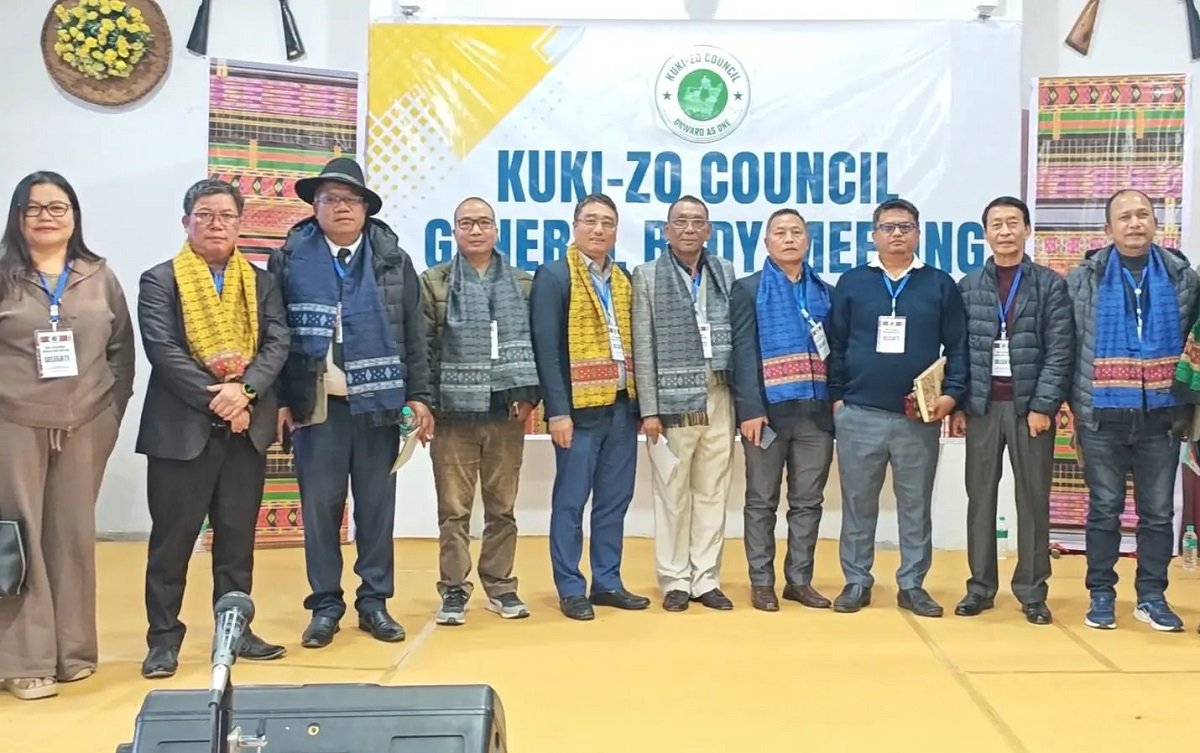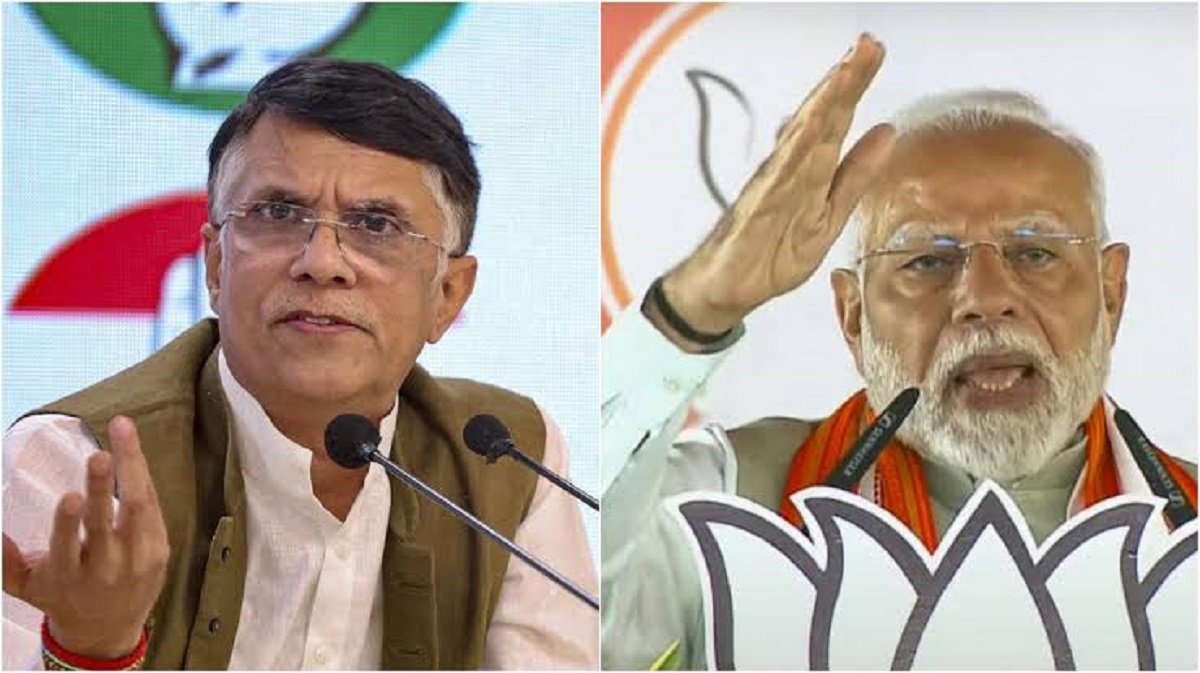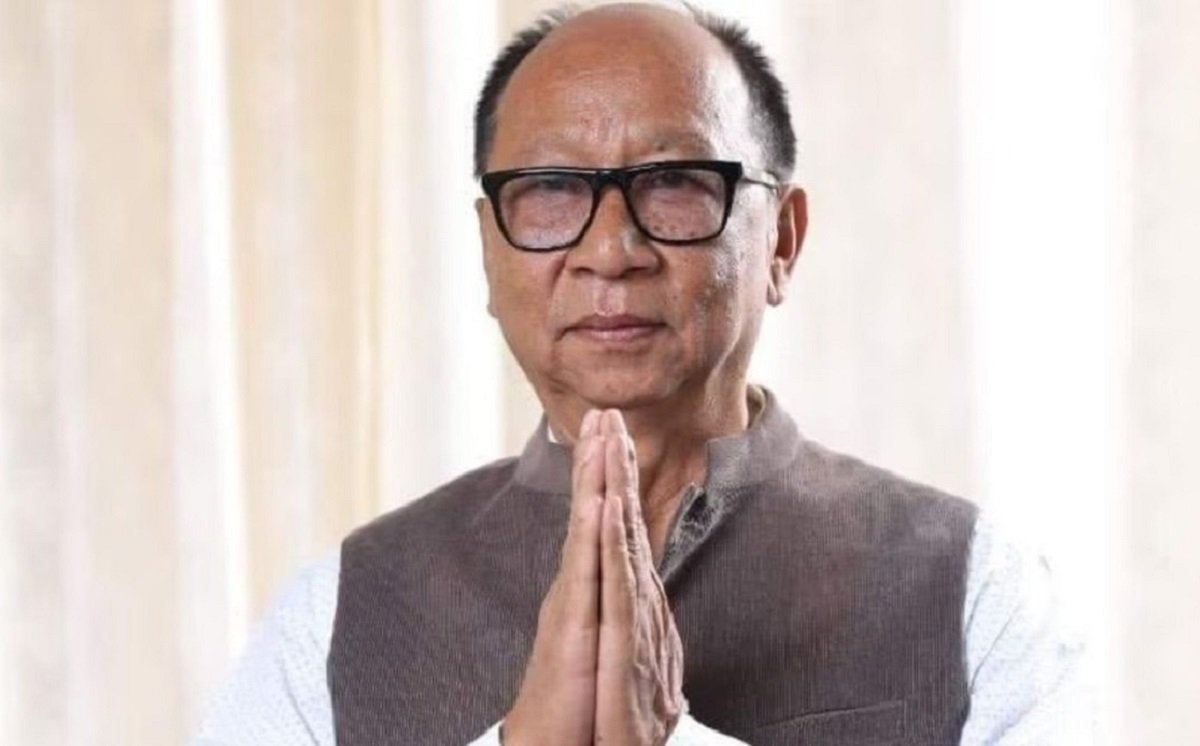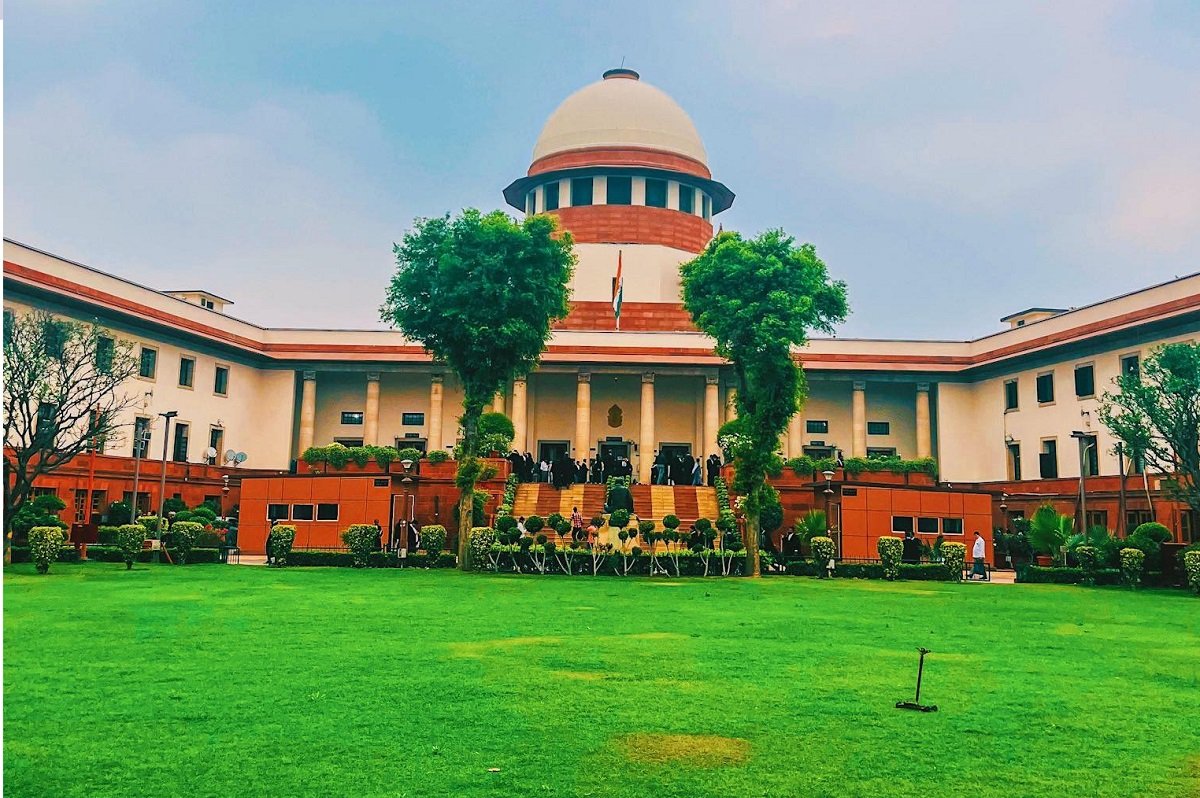The Kuki-Zo Council (KZC) held a significant public meeting on Tuesday at LNC Hotel, centrally located in Kangpokpi District Headquarters. The gathering brought together a wide array of tribal leaders, community organisations, and civil society representatives with the common goal of promoting unity amid the ongoing turmoil in Manipur. The well-attended meeting was seen as one of the most inclusive platforms for tribal dialogue in recent times, featuring representatives from the Kuki Inpi Manipur (KIM), Sadar Hills Chiefs’ Association (SAHILCA), Kuki Inpi Sadar Hills (KISH), Committee on Tribal Unity (CoTU), Kuki Women Union (KWU), Kuki Students’ Organisation (KSO) General Headquarters and Sadar Hills branches, Thadou Inpi, and various youth wings and village authorities.
Douminlal Haokip, Assistant Secretary of KZC, coordinated the proceedings with smooth efficiency. The meeting was graced by Saikul MLA Kimneo Hangshing, one of the ten Kuki-Zo legislators, as well as key figures from the United People’s Front (UPF) and Kuki National Organisation (KNO), reflecting the political and social weight behind the gathering.The session opened with a prayer led by Rev. Mangkholien Kipgen, followed by a welcome address from KZC Vice Chairman Janglet Haokip. KZC Chairman Henlianthang Thanglet delivered the keynote address, stressing the importance of tribal unity and coordinated leadership during turbulent times.For over three hours, participants deliberated on critical issues affecting the Kuki-Zo community. Although the details of the discussions were kept confidential, sources confirmed that the tone remained cooperative, forward-looking, and focused on actionable outcomes. The spirit of the meeting was marked by mutual respect and a shared sense of responsibility to protect community interests.
MLA Kimneo Hangshing, in her address, praised the KZC’s initiative and urged all tribal stakeholders to remain united in the face of growing challenges. She emphasized that only through collective strength and strategic coordination can the community overcome current political and social uncertainties. Her message was reinforced by other speakers, including leaders from KIM, student bodies, women’s groups, youth organizations, and village councils.The council also laid out a roadmap for continuing this momentum, announcing that similar public consultations would be conducted across other Kuki-Zo dominated regions in the coming days. These meetings aim to gather grassroots inputs and eventually lead to a unified set of resolutions that represent the voice and will of the entire Kuki-Zo community.
